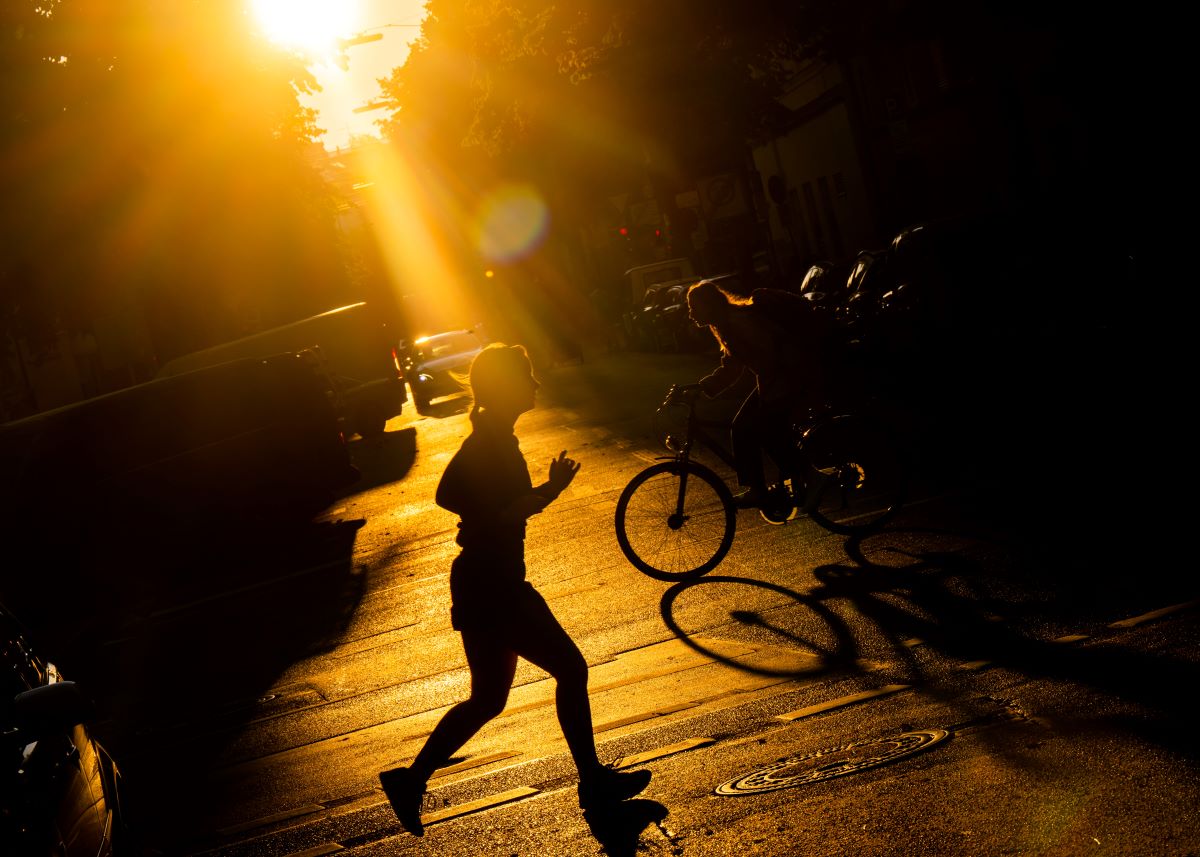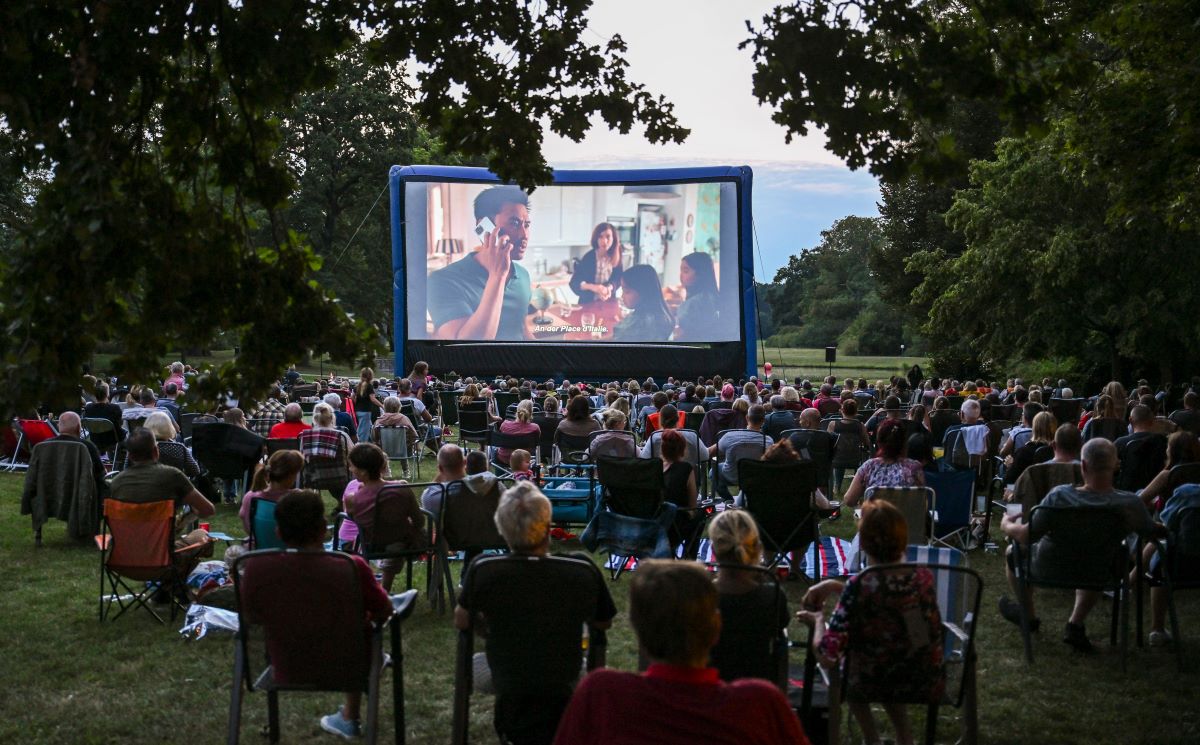Minimum wage rises for temporary workers
From April 1st, the minimum wage for temporary workers in the West German states will rise by 3.2 percent to €9.79 – a slight increase from the previous €9.49. It remains the same throughout east Germany.
By October 1st, 2019, the industry minimum wage will rise to €9.96 in west Germany, and €9.66 in east Germany.
This means that the minimum wage for temporary workers will be higher than the legal minimum wage. Introduced in the summer of 2014, the statutory minimum wage has climbed from €8.50 in 2015 to €9.19 today. In 2020, it’s slated to rise even higher to €9.35.
Higher wages for civil servants
Civil servants can also look forward to higher wages starting in April 2019: their salary will increase by a full 3.09 percent. The pay for civil servants in Germany will rise again in 2020, this time by 1.06 percent.
Hamburg holiday housing
Hamburgers who want to rent out their flat as holiday accommodation need a special registration permit from April 1st. The apartment will then be provided with a housing protection number.
SEE ALSO: The places in Germany where rents are rising rapidly
Anyone who rents out holiday accommodation without prior notice is thus in breach of the new Housing Protection Act – and can expect fines of up to €500,000. The regulation was put in place to relieve the increasingly competitive housing market.
New tax deduction
If you have to move for professional reasons, you can save taxes. In addition to brokerage, travel or shipping costs, taxpayers can now also deduct an amount for “other moving costs”. On April 1st, the amount increases from €1622 for married couples and €811 for single people.
SEE ALSO: These are the 8 German tax breaks you need to know about

Photo: DPA
If children or other relatives live with you in the new apartment, the lump sum increases by €357. If the children need extra attention – for example, in the form of tutoring – because the new school has more material than the old one, up to €2045 can be claimed.
Revised driving licence test
Planning on taking a test for a German driving license soon? If so, be aware that the official list of questions will include 32 new ones, and 38 others which have been revised – including new video and image questions.
SEE ALSO: What you need to know about getting a German driver's license
Animal welfare transparency
Animal protection – though shopping – is becoming easier on Monday. The major German supermarket chains such as Edeka, Rewe, Aldi, Lidl, Netto, Penny and Kaufland are introducing a uniform seal on sales packaging starting April 1st to inform consumers at first glance about the conditions under which animals are kept for slaughter.
They range from a first stage “keeping animals indoors”, which meets the legal requirements to level 4, in which animals are guaranteed outdoor space to roam around. Organic meat is also to be classified in this level.
Don’t be foiled by Aldi’s pickles
On a lighter note about grocery store changes, Aldi stores throughout Germany will sell all of their pickles without their former foil wrap.
Tests have shown that the vegetables are not damaged during transport without plastic film. In addition, the discounter wants to introduce a new system of returnable bags for fruit and vegetables as part of a push to cut back on its plastic waste.
End of 500-euro bills
Germany is known for being a cash-friendly nation, with most baristas barely flinching if you hand them a €50 note for a small coffee, and quickly producing the change. A €500 one would likely be another story. That’s just as well as Europe's central banks no longer want to produce the €500 note.
SEE ALSO: Mixed emotions in Germany as 500-euro bill bows out
The purple banknote will be available from the Bundesbank and the Austrian National Bank until April 26th. The other 17 national central banks in the euro zone stopped issuing the note on January 26th.

Soon the 500-euro bill will no longer be among this collection. Photo: DPA
A Congstar Change
Around 4.5 million Congstar customers will receive a new contract partner from April 1st. According to the mobile communications provider, the contracts that were once concluded with Congstar GmbH will be transferred to the parent company Telekom. Although Congstar has always been a subsidiary of Telekom, the “organizational affiliation” within the company is now changing.
According to the provider, apart from this purely legal change for customers, everything should remain the same for the time being. A special right of termination does not exist due to the adjustment.
More cities join diesel driving ban
The diesel driving ban continues: Several administrative courts have ruled that, from April 1st, the Euro 1-4 classes will be banned in Cologne, Bonn and Stuttgart.
In Cologne and Bonn the driving ban also applies to petrol engines: In Cologne petrol engines of classes 1 and 2 will be banned and in Bonn the driving ban for classes 1-3 will apply.
Around 10 million of the 15 million diesel cars registered in Germany fall short of the latest Euro 6 EU emissions regulation, potentially making them eligible for a ban, as well as two million diesel trucks.
SEE ALSO: Here's how you can be affected by diesel bans in German cities
In Bonn, the driving ban only applies to individual streets. In Cologne and Stuttgart, on the other hand, it applies to the entire environmental zone around the city centre and the districts east of the Rhine.
In Stuttgart, the diesel driving ban no longer only applies to foreign drivers, but from April onwards to all motorists. From September 2019, a driving ban for Euro 5 diesel vehicles is also planned.
An end to Google+
Google introduced its Google+ as an alternative to Facebook, but relatively few users joined. The social media giant is now recommending that users shut down their accounts before April 2nd.





 Please whitelist us to continue reading.
Please whitelist us to continue reading.
David Block